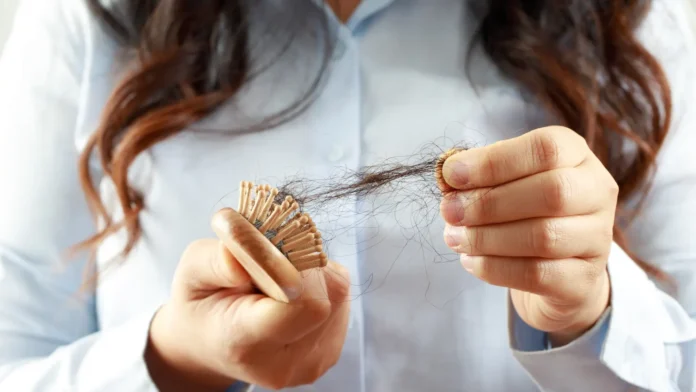Hair loss is a common issue that affects many people, both men and women. If you’re dealing with thinning hair or bald patches, it’s important to know that there are various effective treatments and strategies to help manage and restore your hair. Here’s what you can do about hair loss to regain confidence and achieve healthier hair.
Understanding Hair Loss
Hair loss can result from various factors, including genetics, hormonal changes, stress, and nutritional deficiencies. Understanding the underlying cause of your hair loss is crucial for choosing the right treatment. Whether it’s male or female pattern baldness, alopecia, or temporary hair shedding, targeted approaches can make a significant difference.
Proven Strategies for Managing Hair Loss
- Improve Your Diet Eating a balanced diet rich in essential nutrients can promote healthy hair growth. Incorporate foods high in vitamins and minerals such as biotin, zinc, iron, and omega-3 fatty acids. Foods like eggs, nuts, leafy greens, and fish can support hair health. For more tips on maintaining a hair-friendly diet, visit our Nutritional Guide for Hair Health.
- Consider Topical Treatments Over-the-counter treatments like minoxidil (Rogaine) can be effective in stimulating hair growth and slowing hair loss. Apply these treatments directly to the scalp as directed to see potential results. Learn more about how to use these treatments effectively on our Hair Loss Treatment Options page.
- Explore Prescription Medications If topical treatments aren’t enough, prescription medications such as finasteride (Propecia) may be an option. These medications can help reduce hair loss by blocking the hormone responsible for hair thinning.
- Consider Hair Restoration Procedures For more advanced solutions, hair restoration procedures like hair transplants and PRP (Platelet-Rich Plasma) therapy can offer significant results. Consult with a specialist to explore these options and find the best approach for your needs. Find out more about hair restoration options on our Hair Restoration Procedures page.
- Practice Stress Management Stress can contribute to hair loss, so finding ways to manage stress is important. Techniques such as meditation, yoga, and regular exercise can help reduce stress levels and support overall hair health.
- Maintain Scalp Health Keeping your scalp clean and healthy can encourage hair growth. Use gentle shampoos and conditioners suited to your hair type and avoid harsh treatments that can damage the scalp. Explore our tips for maintaining a healthy scalp on our Scalp Care Tips page.
Conclusion
While hair loss can be a challenging issue, there are numerous effective strategies to manage and potentially reverse it. By improving your diet, exploring treatments, and maintaining overall scalp health, you can take proactive steps toward restoring your hair.









